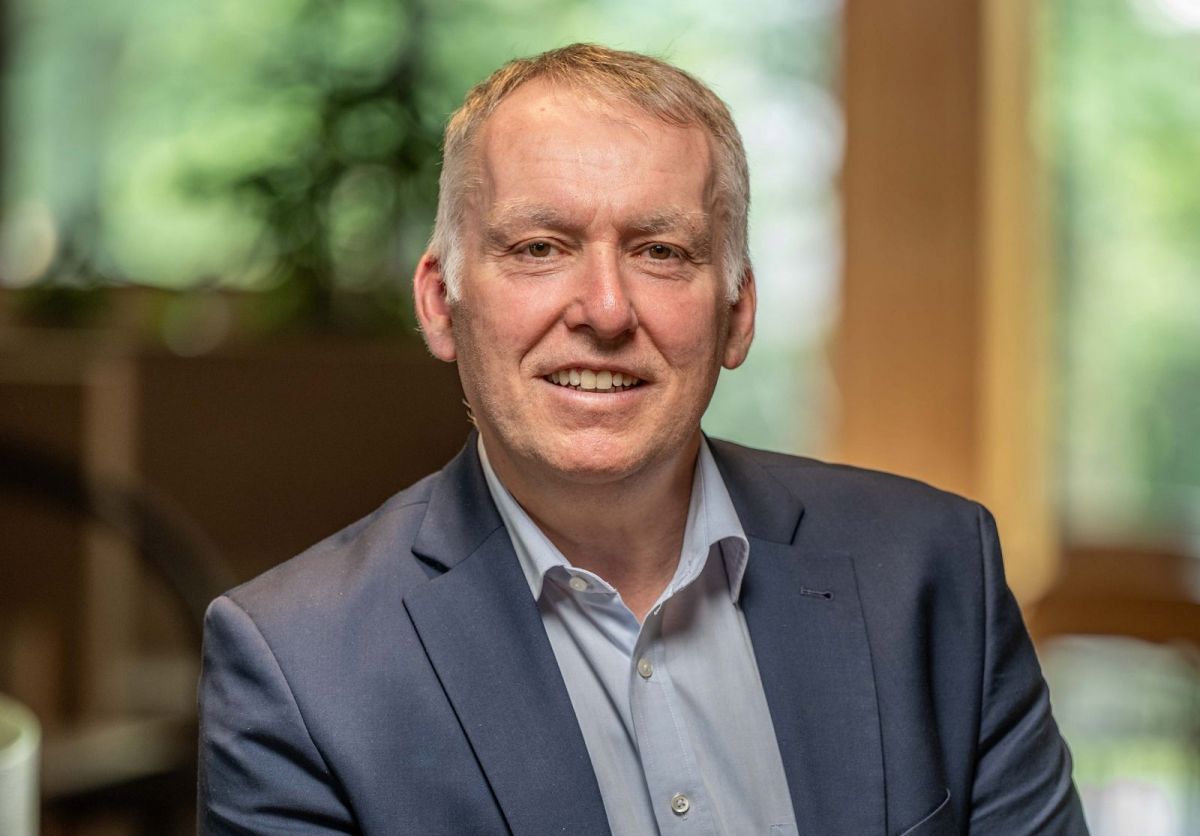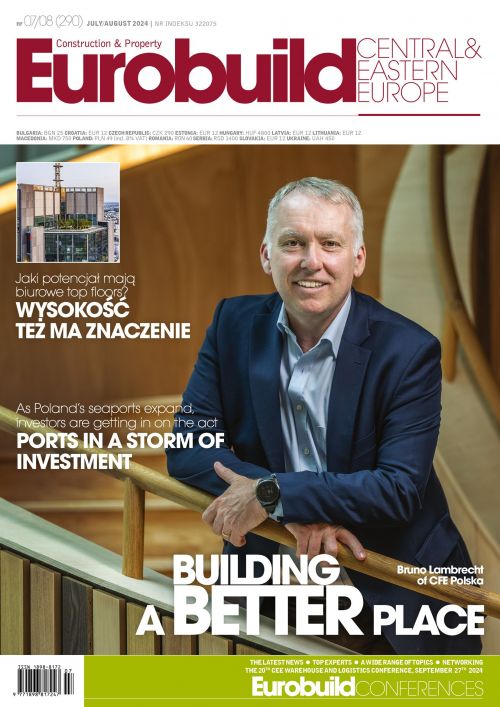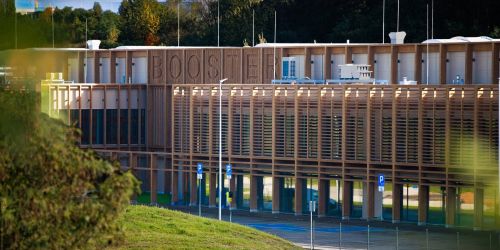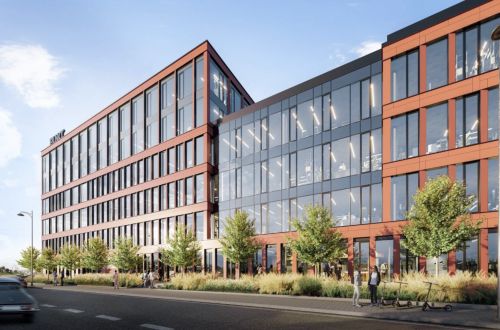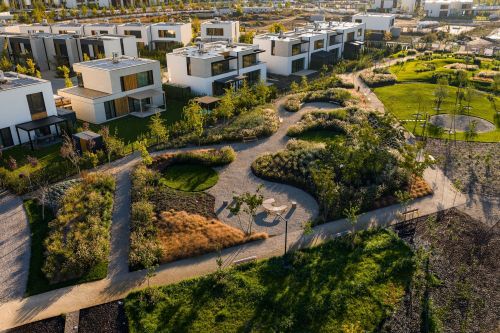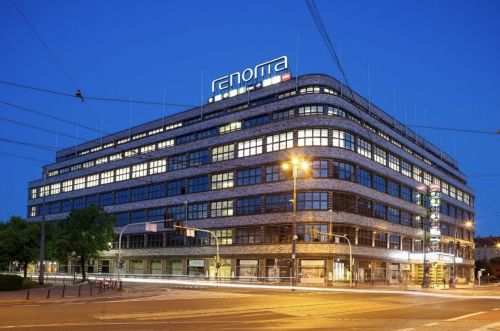Nathan North, ‘Eurobuild CEE’: CFE has been operating in Poland for 27 years now and you have been with the company for much of that time. Could you tell us something about the structure of your group and your role in it – and why it decided to come to Poland in the first place?
Bruno Lambrecht, the CEO of CFE Polska: CFE Polska is the Polish construction company of Belgian group CFE. I’m the CEO and we employ around 200 people. BPI Polska is the group’s development business here, while VMA, which is based in Wrocław, specialises in multitechnics – installations and the automation of buildings. Together, we employ around 400 people. CFE came to Poland because one of our clients in Belgium, General Motors, was starting its activities here and asked us to do the concreting work for their new factory in Gliwice. Shortly after that, we were commissioned by Leclerc and eventually built around ten of their supermarkets across Poland. Therefore, we have b
